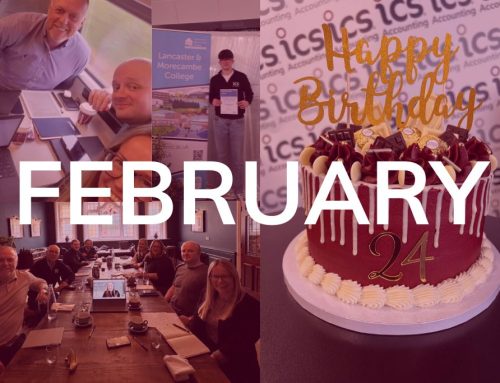One of the unique challenges you face as a contractor – and for many contractors, possibly the biggest – is getting paid on time, or at least near time. While there are huge benefits to being a contractor, the day-to-day can be a challenge.
As contractor accountants of long standing, we’ve worked with and talked to many people dealing with this. Here’s a few of the tricks we’ve seen work:
Negotiating Payment Terms
It’s important to be clear on payment terms when you start working with a client. Written agreements specifying payment terms mean you’ll know when you should expect payment and how you will be paid. Make sure you’re happy with the terms offered (and remember that most organisations have some negotiating room on specifics) and mark out when you’ll be paid for reference.
Map Your Financial Year
There are very few jobs which don’t have busy and quiet periods. As accountants, we always see the most activity around tax season, with smaller peaks at the end of each financial quarter. Florists hit their business peak in February.
A curious side effect of public sector budgeting means that IT contractors specialising in major system upgrades are often at their busiest just before the budget resets at the start of the financial year; ‘spend it or lose it’ rules mean that some organisations or departments launch these projects rather than have to work on a lower budget the previous year.
Every contractor or freelancer will go through busy and quiet periods, but over the years you will build up a sense for when you’re most likely to have a tough month. Careful financial management during boom periods can help support you through these times.
Chasing Payment
Sad to say, some clients often don’t pay on time, and have to be chased. It’s easy to understand why this can be so frustrating for contractors and freelancers. Chasing payments takes time not spent working to bring in more money, so it either eats into your business development or your free time. It can be worrying, especially as demands on your own money can’t be put off so easily. Once the payment comes in, its value may not be as much due to expenses incurred.
Contractors who are clients of ICS Accounting do get some support with this; our systems allow you to set up invoices and send out automatic reminders should you have any clients who haven’t yet paid.
Sometimes, though, it takes the personal touch. We strongly recommend you be honest, clear, and up front when chasing payment. This avoids any confusion and underlines how seriously you take the matter.
If you find that you’re often dealing with having to chase clients for payment, a contractor umbrella company may be the right option for you. Under this model the umbrella company (like ICS Umbrella) handles chasing for payment and your pay arrives in your account on time as if you were a salaried employee.
That’s one reason that many contractors adopt an umbrella solution while starting out as contractors, or if their market sector tends toward short-term assignments. For longer-term assignments a limited company solution is more common – but hopefully the long term nature of these contracts means payment terms will be better respected!
Minimising the Risk
Late payment is an unfortunate fact of life for contractors, and as one said to us recently, “What I do is minimise the risk I’m going to have to deal with that.”
This can mean requesting payment up front, or deposits. We’ve heard several contractors find success in requesting seven-day terms for their invoices (though this may vary by industry). This allows them to cease work on nonpayment, which typically means the payment is made in timely fashion.
Here at ICS Accounting, our focus is on helping contractors and freelancers reduce the pressure they face so they can do their best work and build their business.
If you’re not sure if we could help you, why not get in touch? We’ll be more than happy to advise you further.



















